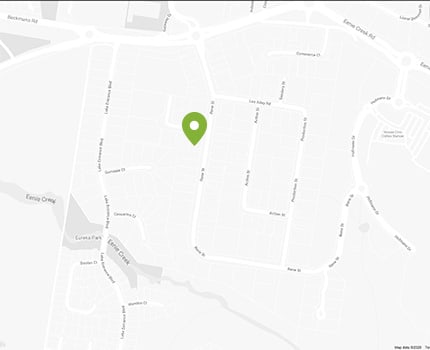Blog
Tips to Prepare for your next Hiking Adventure
When preparing for your next hike from a podiatrist's perspective, you'll want to pay special attention to your feet, as they are crucial for a successful and pain-free hiking experience. Here are some of Footpoint's podiatry recommended tips for hiking preparation:
- Footwear Selection:
- Invest in high-quality hiking boots or shoes that provide excellent ankle support and an accommodative forefoot.
- Ensure your footwear is properly fitted to prevent blisters and discomfort.
- Break in new hiking boots or shoes well in advance of your hike to avoid painful surprises on the trail.
- Socks:
- Choose moisture-wicking, synthetic or wool socks to keep your feet dry and prevent blisters.
- We recommend wearing our Wright sock range that are double layer, anti blister socks for additional blister prevention.
- Orthotics or Insoles:
- If you have foot conditions like flat feet or overpronation, you should book an appointment ideally at least eight weeks out from your hike to have a biomechanical assessment by one of our podiatrists to enable ample time to wear in and adjust to custom orthotics to give you extra support and comfort, should it be required.
- Nail and Callus Care:
- Drop in for a visit the week prior to your hike and allow us to take care of your toenails properly to prevent ingrown nails and discomfort during the hike as well as address any calluses or corns.
- Foot Hygiene:
- Keep your feet clean and dry before and during the hike to reduce the risk of fungal infections.
- Carry foot powder or antifungal cream to apply if necessary.
- Blisters:
- Learn how to treat blisters and carry blister treatment products, such as moleskin or blister pads, in your first aid kit.
- Stretching and Warm-Up:
- Prior to starting your hike, perform foot and calf stretches to reduce the risk of muscle cramps and strains. These can be prescribed by one of our podiatrists.
- Proper Technique:
- Maintain proper walking and hiking technique to reduce the risk of overuse injuries. One of our podiatrist can provide guidance on this.
- Emergency Foot Care:
- Familiarize yourself with basic foot first aid in case of injuries on the trail.
- Footwear for Rest Stops:
- Consider bringing lightweight, comfortable shoes to wear during rest stops to allow your hiking boots to air out.
- Monitoring Foot Health:
- Regularly check your feet during breaks to address any hot spots or discomfort before they become serious issues.
- Hydration:
- Stay well-hydrated to prevent muscle cramps, which can affect your gait and foot comfort.
- Packing Essentials:
- Include foot-specific items in your hiking kit, such as moleskin, a small foot care kit and some extra socks. FS06 compression plantar fascia socks which you can purchase from Footpoint is handy to have in case you experience heel or ankle pain.
- Listen to Your Feet:
- If you experience persistent discomfort or pain during the hike, don't push through it. It's better to address the issue early to prevent more serious problems.
- Post-Hike Foot Care:
- After your hike, thoroughly clean and inspect your feet for any cuts, blisters, or other issues.
- Soak your feet in warm water and elevate them to reduce swelling.
- Book in for your post podiatry appointment and treat yourself to one of our soothing massage and paraffin wax baths to ease away any aches and pains.
All Our Blogs


